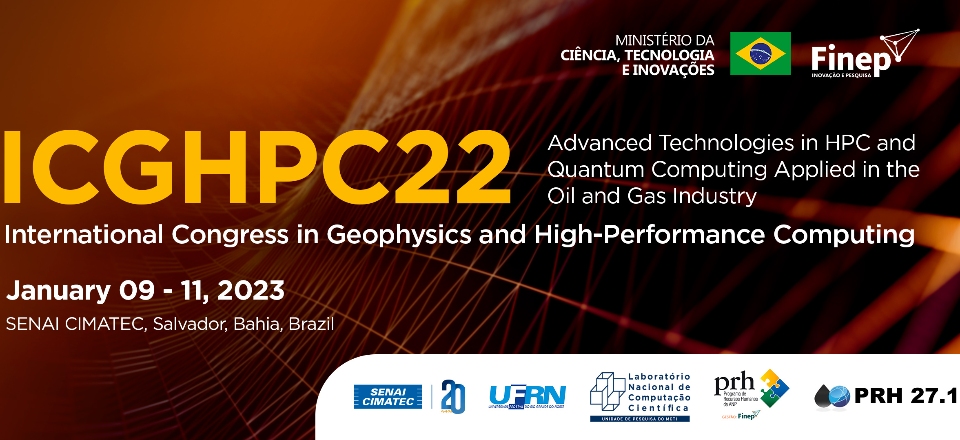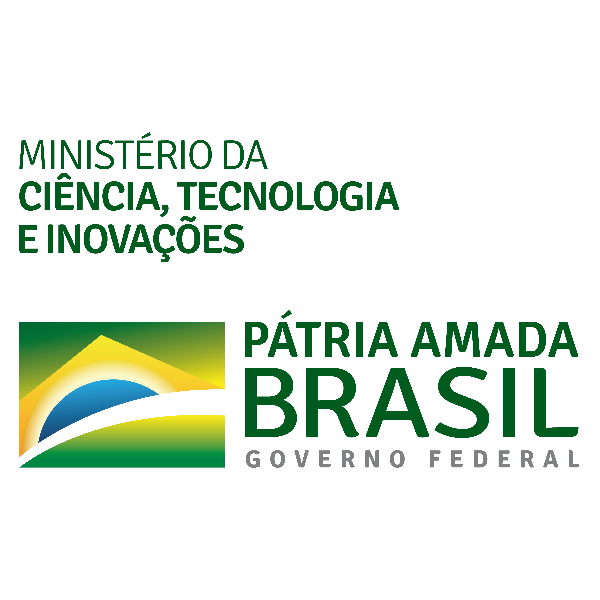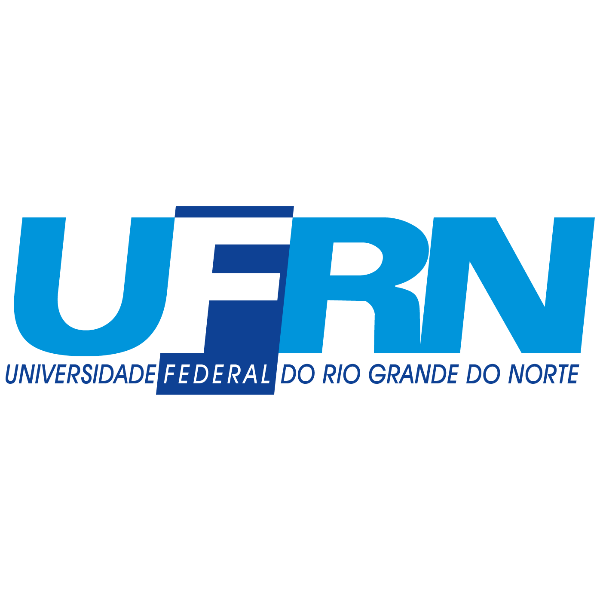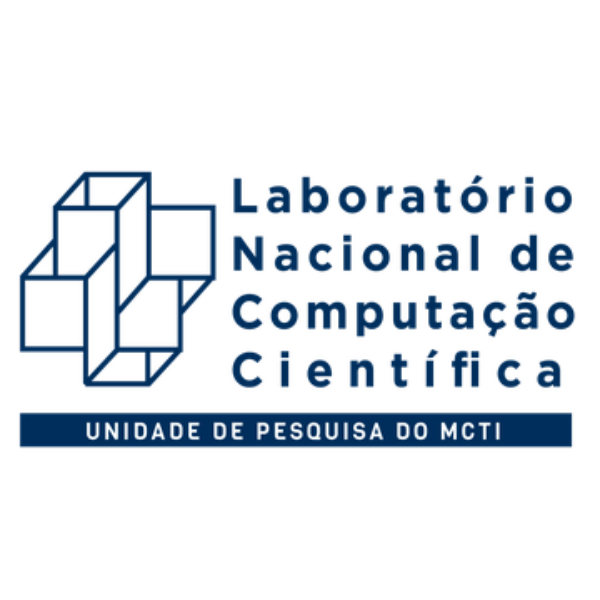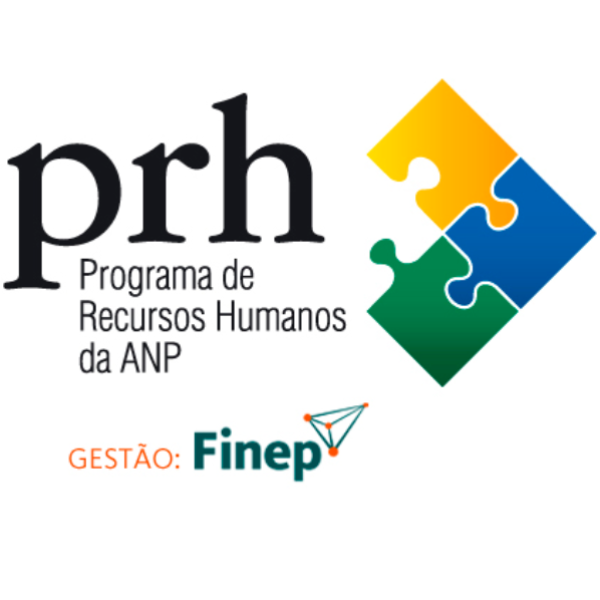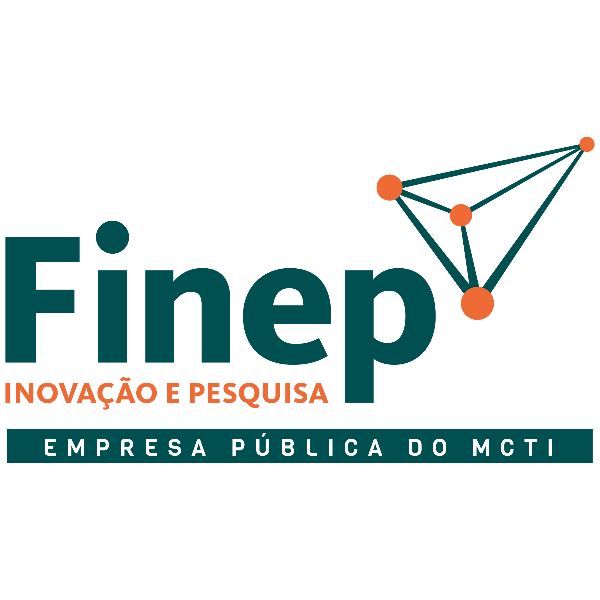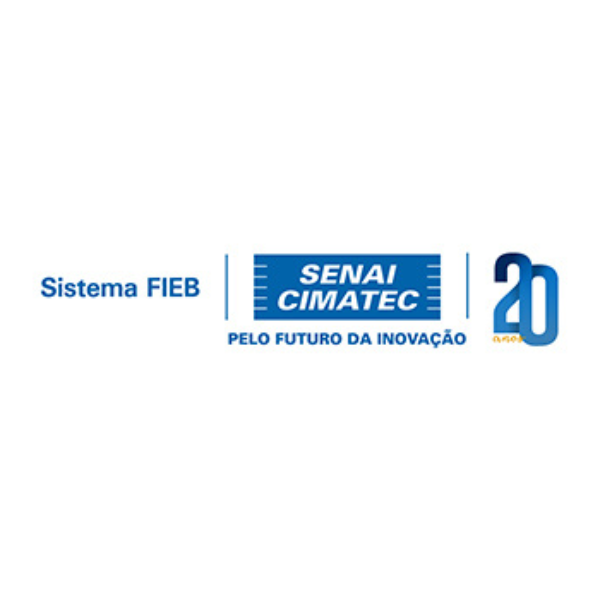Speakers
Meet our speakers
Martin Tygel
UNICAMP
Martin Tygel received his B.S. in Physics (1969) from UERJ and his M.S. in Mathematics (1973) from PUC-Rio. He received his M.S. (1976) and Ph.D. (1979) in Mathematics from Stanford University. He taught at UFRN (1979-1981) and at UFBa (1981-1983), being responsible for the Mathematics courses in the Graduate Program in Geophysics with Petrobras. In 1984 he joined Unicamp, where he is until today. Tygel was a Humboldt Foundation fellow (1985-1987) in Hanover (Germany), and also a visiting professor at the Universities of Karlsruhe (Germany) (1990) and Trondheim (Norway) (2007-2008). In 2002, he received the Conrad Schlumberger Award from the European Association of Geophysicists and Engineers. In 1997, Tygel was one of the founders of the Wave Inversion Technology (WIT) Consortium. In 2001 he founded the Computational Geophysics Laboratory (LGC) at the Department of Applied Mathematics at Unicamp and in 2013 he founded the High Performance Geophysics Laboratory (HPG) at the Center for Petroleum Studies also at Unicamp. The latter has a special emphasis on integrating geophysical results with high performance computing (HPC) in order to optimize their most direct practical application. In 2015 he was appointed member of the Brazilian Academy of Sciences (ABC) in the area of Earth Sciences. In 2017 he was awarded the Honorary Lecturer award for Latin America by the Society of Exploration Geophysicists (SEG). In addition to his scientific activities, which include three books and more than 200 publications in international journals and international conference proceedings, Prof. Tygel has a long experience in carrying out projects involving academia and the petroleum industry. His research interests are in methodologies and algorithms for seismic processing, imaging and inversion that have a solid foundation in wave propagation and find practical application in the exploration and monitoring of hydrocarbon reservoirs.
Pedro Alonso Jordá
Universitat Politècnica de València
Postgraduate degree in Computer Science from the University of Valencia (1995). Currently he is Full Professor at the Polytechnic University of Valencia. He has experience in the area of Computer Science, with an emphasis on Computer Mathematics.
Pedro Mario Cruz
NVIDIA
Bachelor's degree in Mathematics and a Master's in Applied Mathematics and Optimization from UFPE, Doctor in Computer Graphics from PUC-Rio (2004). He worked for 15 years at Instituto Tecgraf / PUC-Rio where he created the Computational Geophysics Group, during this period he led several Software Development projects, as well as Research projects in the area of Geophysics. He completed his MBA in Business Management at FGV-Rio. He is currently NVIDIA's Solutions Architecture Manager for Latin America.
Yanghua Wang
Imperial College London
Professor Yanghua Wang is Director of the Centre for Reservoir Geophysics, Imperial College London. He is a Fellow of the Institute of Physics (FIntP) and a Fellow of the Royal Astronomical Society (FRAS). He is also a founding editor of the Journal of Geophysics and Engineering, and received the Bonarelli Award (2005) from the European Association of Geoscientists & Engineers.
Samuel Xavier
UFRN
Computer Engineer from the Federal University of Rio Grande do Norte (2000) and PhD in Electrical Engineering from Katholieke Universiteit Leuven, Belgium (2007), he worked as a Software/Hardware Engineer at the Interuniversity Center for Micro- and Nanoelectronics - IMEC, Belgium, and as a research consultant at the Flanders Supercomputing Center - VSC, Belgium. Since 2009 he has been a professor at the Department of Computer Engineering and Automation at UFRN. He founded in 2016 the High Performance Processing Nucleus-NPAD that he currently coordinates with the aim of facilitating the use of supercomputing as a research tool at UFRN. In 2016, he received the Royal Society-Newton Advanced Fellowships award for his research on Energy Efficient Parallel Software.
Gilberto Corso
UFRN
Graduated from the Institute of Physics from the Federal University of Rio Grande do Sul (1986), graduated from the Institute of Philosophy and Human Sciences from the Federal University of Rio Grande do Sul (1985), master's degree in Physics from the Federal University of Rio Grande do Sul ( 1990) and a PhD in Physics from the Federal University of Rio Grande do Sul (1995). He is an Associate Professor at the Department of Biophysics and Pharmacology at the Federal University of Rio Grande do Norte. He has experience in the area of dynamical systems, networks and percolation theory. Gilberto works in oil exploration research, especially in seismics. He also researches the applications of mathematical and statistical methods in the biological and neuroscience fields. Sea turtles are very present in its academic life, as well as ants, otters, or butterflies of the genus Heliconinus.
Genaro Costa
ATOS
Genaro Costa works as an HPC Distinguished Expert at Atos Bull and manages the Atos R&D Labs at SENAI-CIMATEC center. He was Adjunct Professor at UFBA, coordinator of the Interdisciplinary Bachelor in Science and Technology course, and vice-director of the Institute of Humanities Arts and Sciences Professor Milton Santos. He received his PhD in Informatics from Universitat Autónoma de Barcelona (UAB). He managed several innovation projects through a partnership between academia and industry. His research interest is in High-Performance Computing, Machine Learning, Big Data, Performance Models, Prescriptive Analytics, and Quantum Computing.
Carla Osthoff
LNCC
Carla Osthoff holds a degree in Electrical Engineering from the Pontifical Catholic University of Rio de Janeiro (1983), a Master's degree in Systems and Computer Engineering from the Federal University of Rio de Janeiro (1989), and a DSc. in Systems and Computer Engineering from the Federal University of Rio de Janeiro (2000). She has been working in the area of ??high-performance processing since 1985, initially in hardware development projects for distributed parallel multiprocessors and later as a researcher in Computer Architecture. Currently, she is a researcher in the area of ??High-Performance Computing at the National Laboratory for Scientific Computing (LNCC), is a professor at the Multidisciplinary Postgraduate Program at the National Laboratory for Scientific Computing and coordinates the National Center for High-Performance Processing (CENAPAD) at the LNCC., is a member of the Technical-Scientific body of the Santos Dumont Supercomputer Advisory Committee and coordinates the High-Performance Processing Sector of LNCC, which has several collaborative projects in the area of ??High-Performance Computing. Topics of interest are high-performance computing, distributed systems, parallel processing, parallel I/O systems, parallel programming models, and scientific computing.
Report sent successfully!
Report this event
Please describe below the reason for your complaint.
